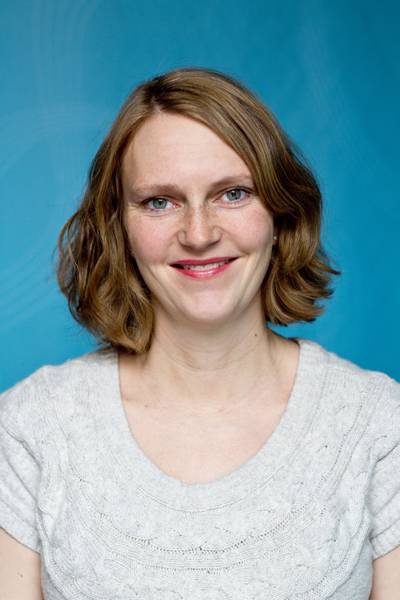This article sets out to examine how differences within a migrant community are expressed through return visits, and particularly through visitors’ narratives about their country of origin. Drawing on semi-structured interviews with Burundians living in Norway and the UK, I argue that the Burundian social field is characterized by two opposing positions regarding the possibility of return, and that the political field in the country of settlement plays an influential role in how those two positions are defined. Two narratives called ‘instability and alienation’ and ‘progress and opportunities’ from return visits are used to express support for one or the other of these two positions. I also argue that Bourdieu’s conceptualization of social practice is highly relevant for migration research because it allows for analysing differences within a migration community, and that the advantages of combining habitus, capital and field should be further explored, both theoretically and comparatively.
This is an Open Access article. NonCommercial re-use, distribution, and reproduction in any medium, provided the original work is properly attributed, cited, and is not altered, transformed, or built upon in any way, is permitted. The moral rights of the named author(s) have been asserted.








